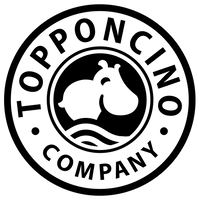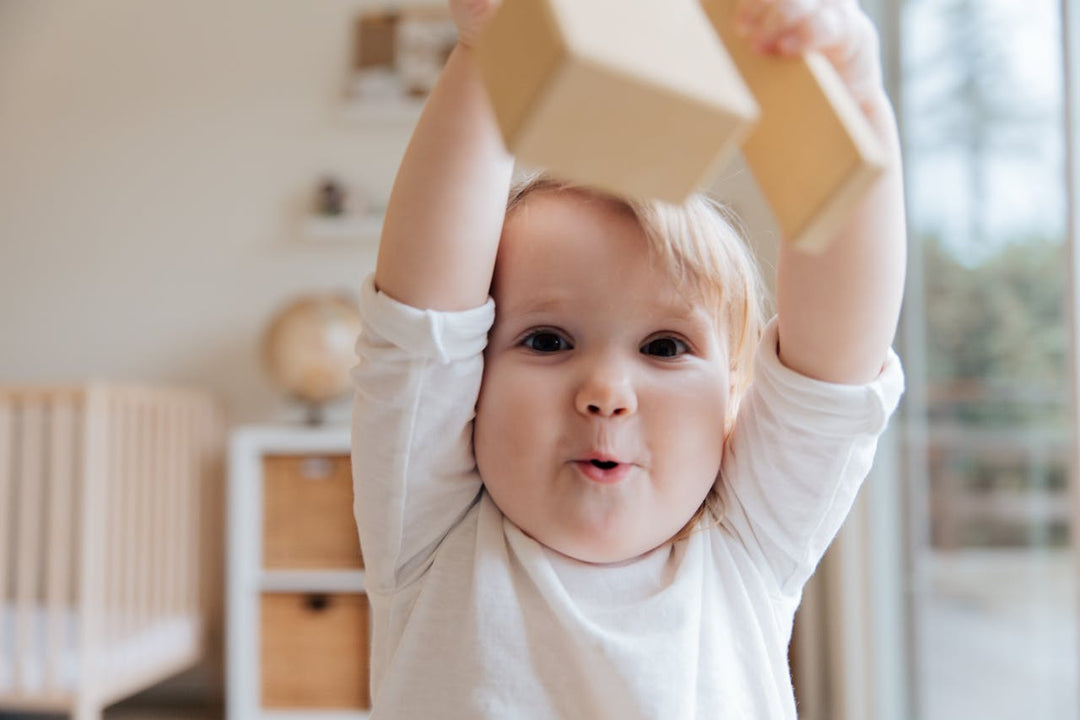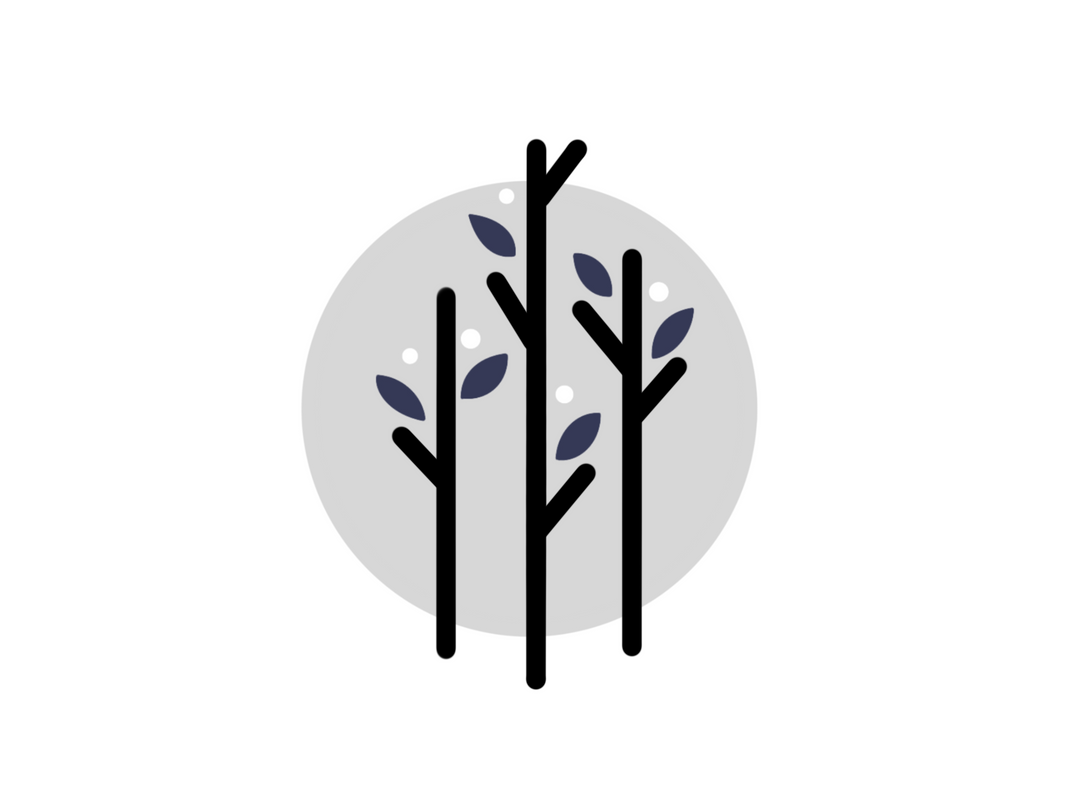A Quick Look at the Life of Maria Montessori

Maria Montessori is a legend in the education sector, and her influence lives on in the way pre-school children are taught today all over the world.
The Early Years
Maria Montessori was an extremely determined student. She originally joined an all-boys program in pursuit of graduate studies in engineering. Although she would later drop her passion for technology, she still pursued the sciences by enrolling into a medical school in Rome.
Upon graduation from medical school in 1896, she specialized in psychiatry, but it was not long before she discovered the shortfalls in education that prohibited mentally challenged children from learning naturally.
Maria Montessori was an avid reader, perhaps an influence from her parents who would be considered well educated at the time. Her father worked in a state-run institution as a financial manager while her mother came from a family that had high value for education.
Being brought up in Rome, and constantly surrounded by libraries, fine schools, and museums, Maria’s desire for education would deepen further as she grew up.
Maria did not look up to any particular individual but drew a lot of strength from her mother who was the great-niece of Antonio Stoppan, an Italian geologist, and paleontologist.

The Introduction of Psychiatry
Maria's love for children began while working at the University of Rome’s psychiatric clinic as a volunteer researcher.
She would observe children whose mental capabilities were challenged and through studying the works of two 19th-century physicians, Édouard Séguin and Jean-Marc Gaspard Itard, Maria created a focused and well-structured teaching program.
When she opened schools to impact her direction on children, people started to notice that her students paid more attention in class, were self-disciplined and exhibited high concentration.
Soon, she adopted the use of teaching aids, which proved successful because children gained reading and writing proficiency way faster than had been expected of them.
Spreading the Montessori Method
In the early years of the 1900s, Maria thought of spreading her teaching method to other teachers and went ahead to conduct the first-ever teacher training course in the Montessori school system in 1909.
By 1911, her popularity had grown to international levels causing her to give up her medical career to be able to devote more time to teaching. In her course, Maria utilized her experience with little children and how she observed them responding and interacting with the environment around them.

The Introduction of the Montessori Topponcino
Topponcinos were first introduced to the world in the 1940's. It is said that Dr. Montessori first saw the topponcino’s important benefits after witnessing mothers in India carrying their infants on small mats.
In her book, Education for a New World, Dr. Montessori wrote,
“The baby should remain as much as possible with the mother directly after birth, and the environment must not present obstacles to his adaptation … The child must be carefully handled and moved, not … rapidly and roughly dressed – roughly in the sense that any handling of a new-born child is rough because he is so exquisitely delicate, psychically as well as physically. It is best of all if the newborn child is not dressed, but rather kept in a room sufficiently heated and free from draughts, and carried on a soft mattress, so that he remains in a position similar to the prenatal one.”
The Montessori Assistants to Infancy Course
The topponcino is one of the first projects created in the Montessori Assistants to Infancy Course. This course is designed to teach parents the Montessori principles and best practices, so they can use them from birth before their child is ready to attend a teacher-led classroom.
The topponcino provides a comforting sanctuary necessary for the newborn and eases the infant’s transition to the harsh world around it. With the topponcino’s consistency in smell, texture, and temperature, the newborn is not shocked by external stimulus while navigating their new senses and environment.
Montessori Today
Today, more than 110 countries have embraced the Montessori school system for preschool education, and it is among the world's best teaching programs in both private and public schools.
The Montessori education method is based on the principle that a child is naturally motivated to learn and grow. It is our duty as parents, grandparents, family, friends, teachers, and influencers to provide each child with an encouraging, nurturing, and safe environment.
By combining these ideas, each child will be supported to develop to their full physical, emotion, and physiological potential.
Want to learn more? Check out our other Guides & Articles ->












